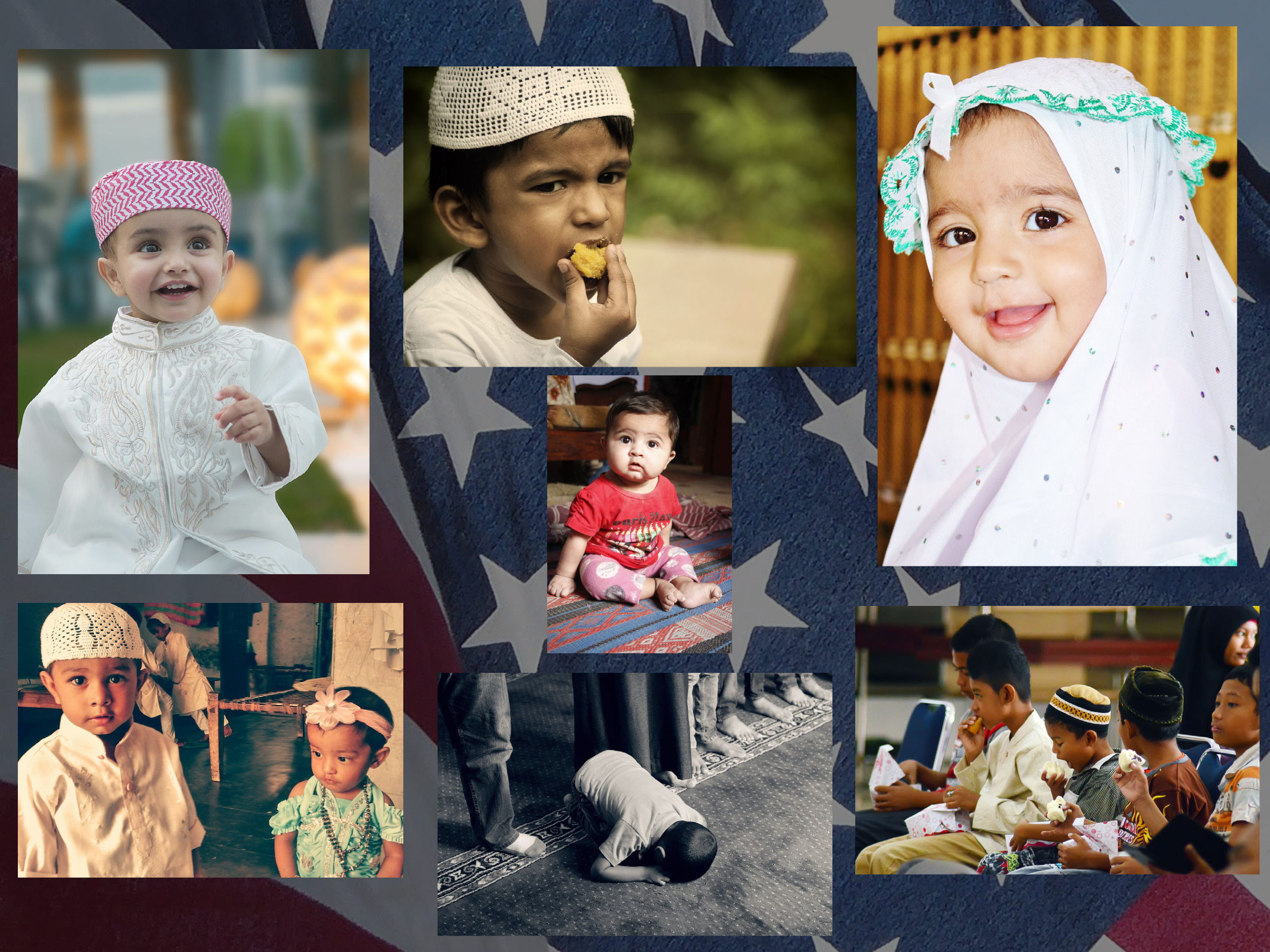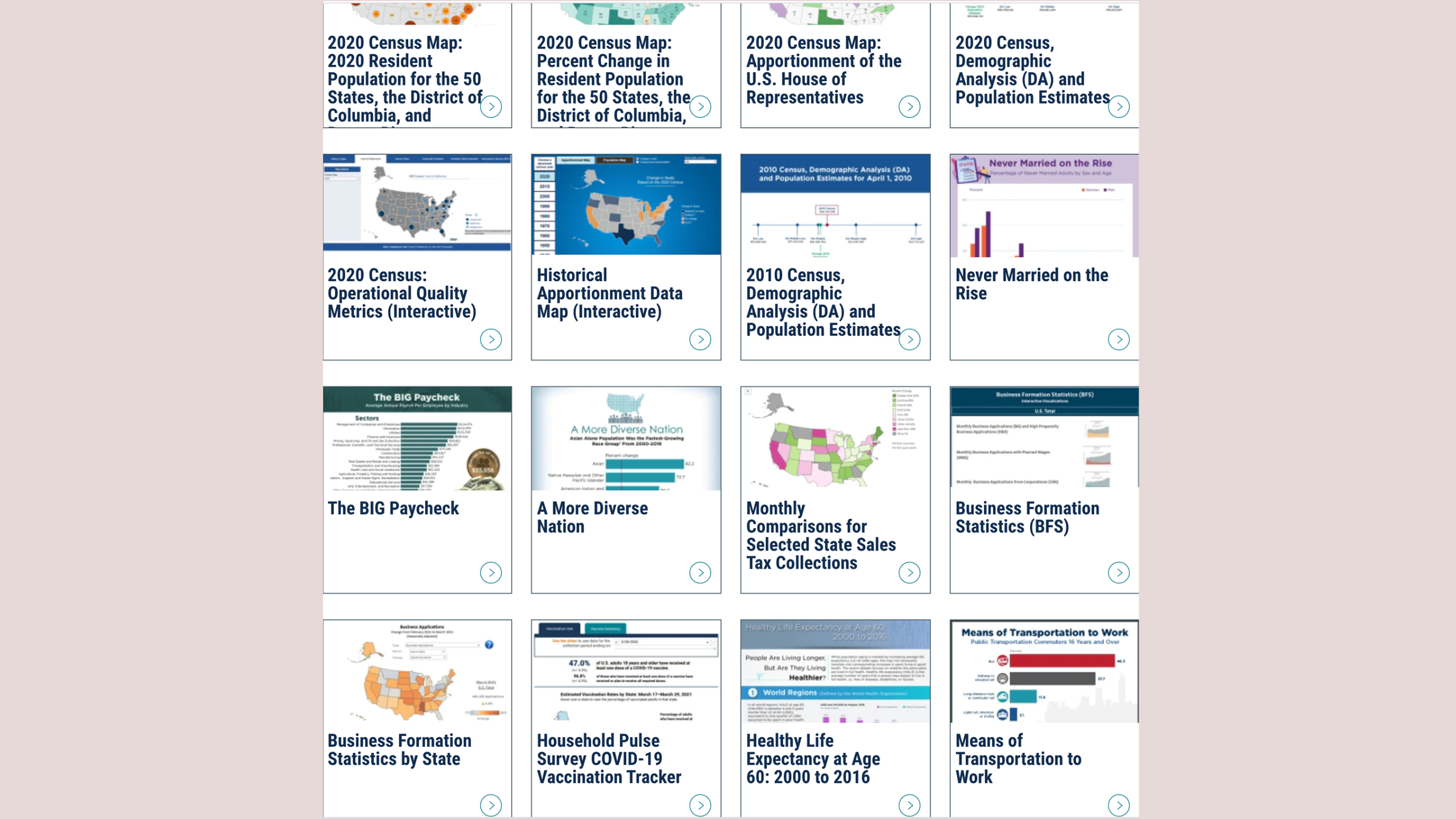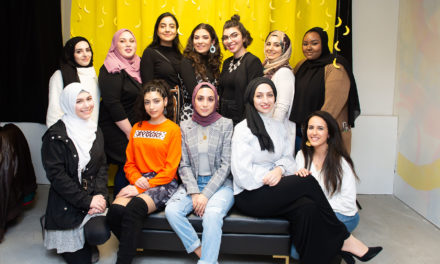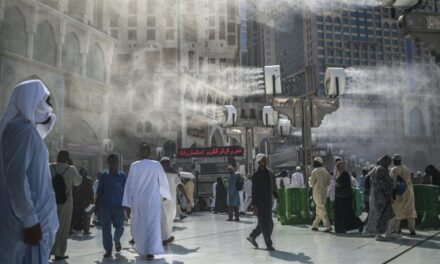Initial results from the 2020 United States Census have just been announced. The data, released yesterday, is a count by the U.S. Census Bureau of everyone who lives in the U.S. and five of its territories, taken every 10 years.
News outlets reported yesterday and today on what the once-in-a-decade count shows, including a national population shift to the South and West and a decline in U.S. population growth. How the shift affects states’ representation in Congress is also widely reported.
The Wisconsin Muslim Journal asked informed observers what the results will mean to Wisconsin’s Muslim community and what to watch in census details to be published in the coming months.
Why the census matters
“From government representation to federal funding for social service programs, census data is used to inform so many issues that impact our lives,” wrote Shagufta Ahmed, a Pakistani – Indian American who works with the Census Bureau’s National Partnership Program, overseeing outreach to faith communities, MENA communities and federal agencies. She is also a policy analyst with the U.S. Office of Management and Budget. “Census data is even more important for historically under-counted populations such as African Americans and Arab Americans.
“Not only does the census help determine how many representatives each state has in Congress, it determines how billions of dollars in federal funds will be allocated to states and communities for emergency and disaster programs, health care services, nutrition programs and other critical services that so many of us are relying upon at this difficult time,” she said.
Muslims observing the holy month of Ramadan are called upon to care for their neighbors. For Muslims, paying attention to the role of the U.S. Census in insuring support of the poor, needy and disenfranchised is a responsibility, Ahmed said.
The idea of doing a census is rooted in many faith traditions, including Islam, she added. “According to different sources, the Prophet Muhammad conducted a census when he first migrated to Medina from Mecca in order to understand the population makeup and its needs. Omar ibn al-Khattab, a notable leader in Islam, established a regular census to help determine how to effectively distribute resources throughout society.”
In the U.S. today, the census informs the amount of funding each community receives for buses, subways and other public transportation. It determines how much money is allocated for the Head Start program for young children and grants that support teachers and special education. It guides the Federal Pell Grant Program (which provides grants to low-income college students), food assistance to needy families, small business development centers, housing vouchers, and family violence and prevention services, she said.

Shagufta Ahmed, a policy analyst with the U.S. Office of Management and Budget, works with the Census Bureau’s National Partnership Program, overseeing outreach to faith communities, MENA communities, and federal agencies. Photo © Muslim Girls
Wisconsin holds steady
In spite of national population shifts, “Wisconsin is not losing a congressional seat,” said Kristin Hansen, Executive Director of the Wisconsin Muslim Civic Alliance, citing reports from the Milwaukee Journal Sentinel. “Our population went up 206,732 from 2010 to 2020. We will keep eight representatives in the House and maintain 10 votes in the Electoral College.”
For the Electoral College, each state has one vote per each of its members in the House of Representatives and one vote for each senator (two).
“The shift in power to red states in South and West is concerning on a partisan level, but we won’t know much until more details are released and new district lines are drawn to know how the new districts will lean. Texas is adding two congressional delegates. We don’t know yet if they will be blue or red.
“By Sept. 30 at the latest, more detailed information will become available and states will all be drawing new district lines.”
The Journal Sentinel reported the Second Congressional District in Madison saw the most growth in the past decade, she added. It will be important to watch how those lines are drawn, she said. “The redistricting there will be important. You might end up with one or more districts where the Muslim vote has a great impact.”
Eyes on Michigan
“It will be interesting to watch developments in Michigan where they lost a congressional district,” Hansen said. “Potentially, they could take a reliable blue district with a high Muslim population and spilt it up to lessen the impact of the Muslim vote. It depends on where they draw the lines.”
Sumaiya Ahmed Sheikh, Michigan Coordinator at the Campus Vote Project and an active member of the Muslim community, spoke with WMJ about developments in Michigan.
“People here are very anxious after the first results came out. We know we lost a House seat and Michigan is a swing vote in national elections.
“Dearborn and Hamtramck are both very diverse with Blacks, Arabs and South Asians. There is a large Muslim population. The loss of representation may make it tough for the community to advance in certain ways.
“Census results are very important for a lot of small businesses to have the resources they need. Dearborn is a cash-based economy. It is important to have money flowing in and out.

Sheikh is working on a redistricting commission, where she wants to achieve “fair and equitable districts that make actually make sense.”
In her work with the Campus Voter Project, she aims to engage educate college students, whose generation is experiencing the impact of a census and the role of redistricting on their political voice for the first time.
“We hope that students are engaged, will know about redistricting and know what they can do. We hope to host public hearings on college campuses and to train students in how to host mapping parties.
“We want to create a lot of community engagement, holding public hearings and I hope the community will be heavily involved. No other people can speak better for the community than its members.”
Making sure Muslims count
While the U.S. Census Bureau does not collect information on religious affiliation, it does ask people to identify their race/ethnicity. The options on the 2020 Census were: American Indian or Alaska Native, Asian, Black or African American, Hispanic or Latino, Native Hawaiian or Other Pacific Islander and White.
Advocates for people of Arab and North African heritage have complained that the categories do not fit them and, consequently, that their voices disappear. While no one directs individuals about how to identify when they complete the census, people of MENA heritage are officially included with those of European heritage as “white” in government standards.
U.S. House Rep. Rashida Tlaib (D-Mich), who parents are Palestinian immigrants, famously asked Census Bureau Director Steven Dillingham (a Trump appointee) last February, “Dr. Dillingham, do I look white to you?” Tlaib was reacting to the Trump administration’s decision not to move forward with a Middle East North Africa (MENA) category that the Obama administration had proposed.
She argued that its absence would make people living in the U.S. who identify as MENA “invisible” for the next decade when new census data is used to distribute federal funding, conduct health research and determine what kind of language assistance is needed for communities.
The Biden administration has proposed instituting the MENA category in the 2030 census.
“This issue shows why it is important for an organization like ours to identify Muslim voters,” said WMCA Executive Director Hansen. “There is nothing in the census results that give us any indication of where they are.
The WMCA has worked to identify Wisconsin Muslim voters over the past year to create a voter database. It was able to use their findings to send postcards targeted to Muslim voters that provided information about candidates that Muslim voters cared about, she said.
“Knowing your voters is important if you expect there has been gerrymandering to dispel the power of a political community,” she said. “You have to be able to prove it.”
It also gives Muslim voters clout.
“I am pleasantly surprised that since we formed only a year and a half ago, people running for office reach out to and want to speak to the Muslim community,” Hansen said. “They want to know what the community is thinking and they want to get their messages across.”
Declines in population growth
The fact that the U.S. population has declining growth in the census for the second time in our country’s history is a matter of concern, Hansen added. “It underscores that we are not growing enough as a country and the population is getting older.
“We are not growing enough to support our retired citizens. The answer to that problem is legal immigration. We need to bring more working people legally in a process that doesn’t make them wait 10 years or more and is so onerous. We need more immigrants as part of our country.
“We want to work with the Biden administration and future administrations on a fair and efficient immigration process.”















